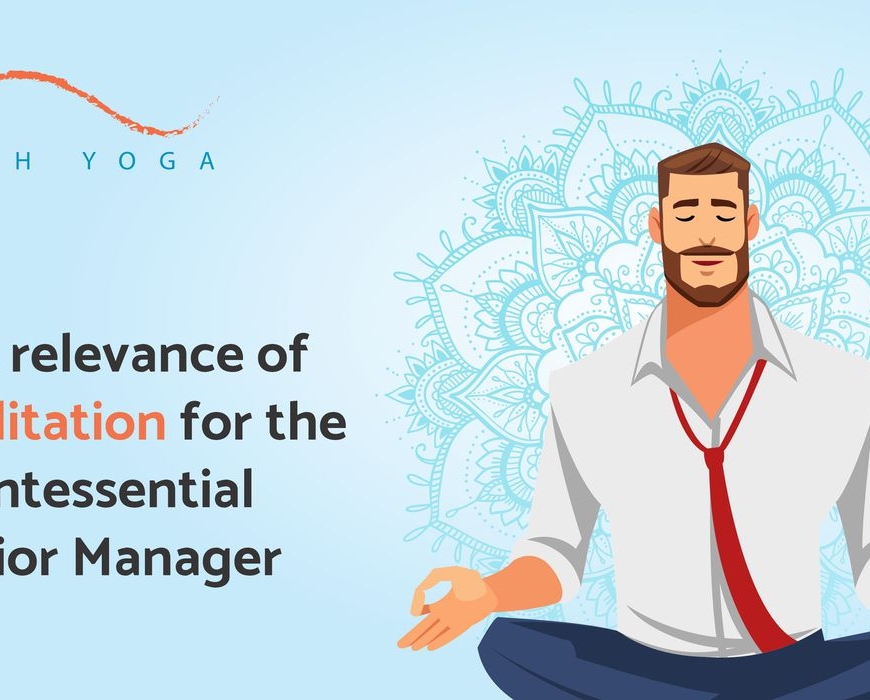Sometimes, life gets hard and we may become overwhelmed, no matter how good things may look to outsiders. Depression, the most common mental disorder in the world today, is characterized primarily by extreme sadness or low moods. But, there are a lot of other symptoms that can indicate the need for help in you or a loved one. Here are some major changes that you should be on the lookout for –
- The Sadness Has Been Around A Long Time
Feelings of sadness are a normal reaction to times of trouble, stress, and loss, and while you may not feel your best or the most productive during this time, it is a part of the healing process. But if your sadness has been going on for a long time, say, more than two months, or even after a reasonable time has passed since the crisis, you may want to seek help.
- Self Confidence Has Plummeted
Once again, self-esteem taking a dip after a failure is a completely normal thing, and can even be helpful in humbling you and motivating you to do better the next time around. But if you constantly feel like a failure, and believe that your intrinsic worth has somehow decreased, it may be the faulty thought patterns associated with depression that may be at play.
- Favorites No Longer Give Joy
As people with depression retreat into their negative feelings, they might find themselves less and less interested in daily activities. Even those things that previously gave them joy may be difficult for them to do. So if a singer is not singing around anymore, or the athlete is missing major matches, it may be time to look into the matter deeper. (sociobits.org)
- Loss of Energy and Motivation
A very common misconception around mental health issues is that they are only mental in nature – but the truth is that alongside changes in thoughts and emotions, changes in physical aspects such as hormones and neurotransmitter levels are also common. In depression, a lack of energy and motivation are often visible. Do not dismiss them as laziness or procrastination, especially if it occurs with the other symptoms listed here.
- Sleep Problems
Sleep is another major physical marker of depression, and those suffering from the condition often have disturbed patterns of sleep. They may either sleep excessively, both as a means of escape or in reaction to their lowered levels of energy. Some people may also suffer from insomnia or lack of sleep. In both cases, prolonged disturbed patterns of sleep may be indicative of depression.
- Changes in Weight
Weight changes can have many reasons, but if no physical reason seems to be behind the changes, chances are that this may be indicative of depression. For most people, depression may lead to excess consumption, which, combined with lower levels of energy, may lead to weight gain. However, some may also suddenly lose their appetite, and consequently, lose a lot of weight.
- Cognitive Fog
Depression not only brings about negative thoughts, but it can also hamper important cognitive processes. Difficulties in making decisions, lack of concentration, and lapses in memory are some common cognitive signs of depression. These cognitive troubles often form problematic escalating loops, and the individual may become increasingly frustrated with themselves, leading to greater loss of esteem.
- Social Isolation
Depressed individuals may no longer feel that they have the energy or confidence to be in social situations, or may be too overwhelmed by their negative emotions to participate in happy times. This not only means avoiding social engagements such as parties or corporate gigs, but also giving intimate family and friend gatherings a skip. If somebody has been repeatedly making excuses to get out of gatherings, including you, you may wish to look deeper into the issue.
- Somatization of the Problem
The human body, especially in cases where it cannot express mental anguish, may turn to physical symptoms to express its pain. Somatization of depression can include complains of headache or stomachache, etc., especially in children, who may not be able to express their feelings clearly. If such prolonged physical conditions do not have any physical basis, it may be a sign of depression.
- Suicidal Thoughts
Perhaps the most severe symptom of depression is suicidal ideation or preoccupation with thoughts about killing oneself. If you ever express this sensation, or somebody expresses the same to you, immediately seek professional help, and never dismiss these ideas as an attention-seeking tactic or just a bluff.
Depression can be hard to deal with, and the stigma surrounding the problem makes it even harder for people to seek help. But remember that like physical illness, depression can happen to anyone, at any time, no matter how privileged or healthy they may have been previously. Do not be afraid if you see these symptoms in yourself or a loved one – contact professional help today, and reach our to family and friends. Remember that there is always help for you – you just have to reach out and ask.





Add Comment